To provide the best experiences, we use technologies like cookies to store and/or access device information. Consenting to these technologies will allow us to process data such as browsing behaviour or unique IDs on this site. Not consenting or withdrawing consent, may adversely affect certain features and functions.
The technical storage or access is strictly necessary for the legitimate purpose of enabling the use of a specific service explicitly requested by the subscriber or user, or for the sole purpose of carrying out the transmission of a communication over an electronic communications network.
The technical storage or access is necessary for the legitimate purpose of storing preferences that are not requested by the subscriber or user.
The technical storage or access that is used exclusively for statistical purposes.
The technical storage or access that is used exclusively for anonymous statistical purposes. Without a subpoena, voluntary compliance on the part of your Internet Service Provider, or additional records from a third party, information stored or retrieved for this purpose alone cannot usually be used to identify you.
The technical storage or access is required to create user profiles to send advertising, or to track the user on a website or across several websites for similar marketing purposes.
 The Covid-19 pandemic has led to an upsurge of workplace stresses and concerns, with many employees experiencing significant changes to work and life. Finding the best forms of support for employees will be an essential concern for employers, especially as they begin to manage future workplace adjustments and the possible return to the office That is the main finding of a new report which looks at the effects of various interventions on people’s mental health during lockdown. (more…)
The Covid-19 pandemic has led to an upsurge of workplace stresses and concerns, with many employees experiencing significant changes to work and life. Finding the best forms of support for employees will be an essential concern for employers, especially as they begin to manage future workplace adjustments and the possible return to the office That is the main finding of a new report which looks at the effects of various interventions on people’s mental health during lockdown. (more…)





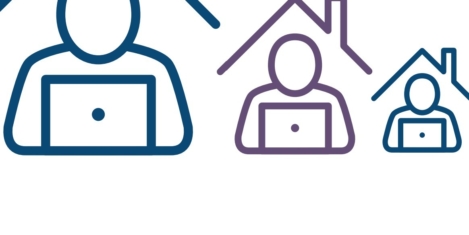
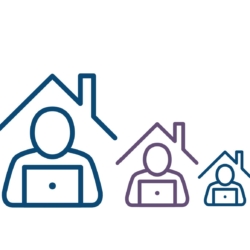


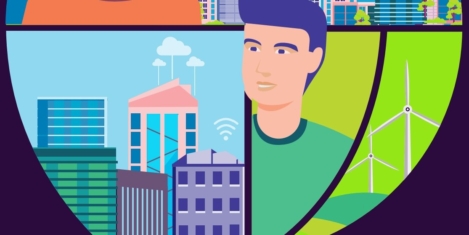
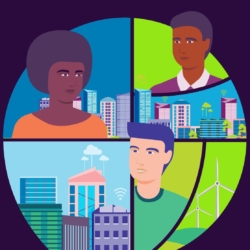





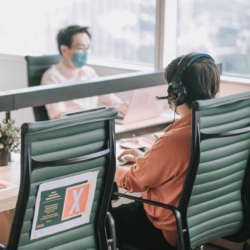

















July 31, 2020
Return to work offers us a unique opportunity to change everything
by Simone Fenton-Jarvis • Comment, Facilities management